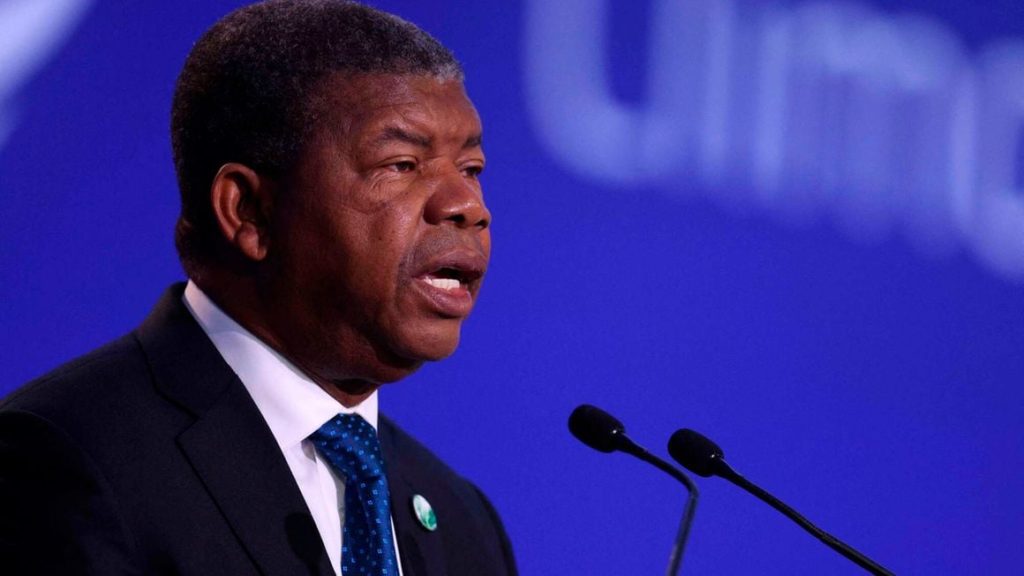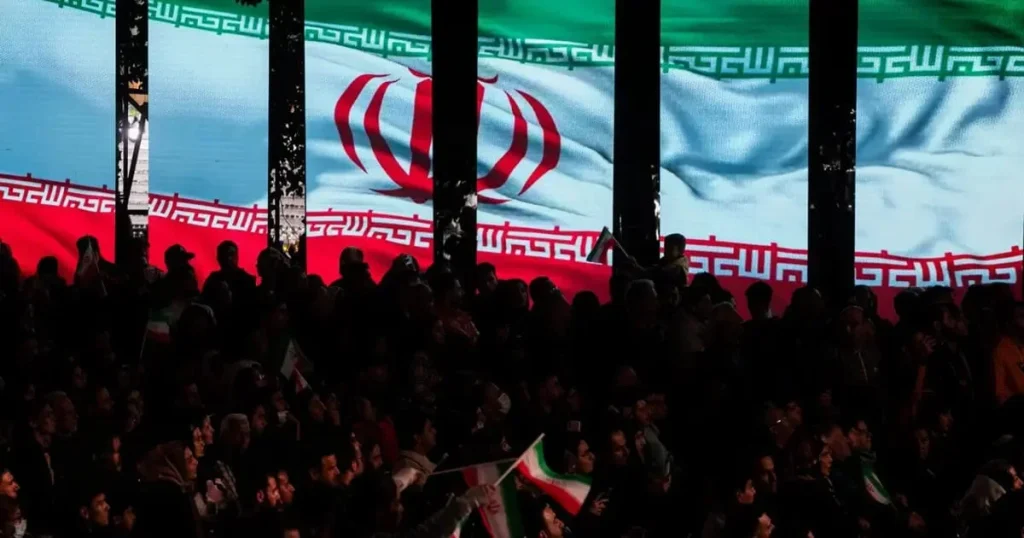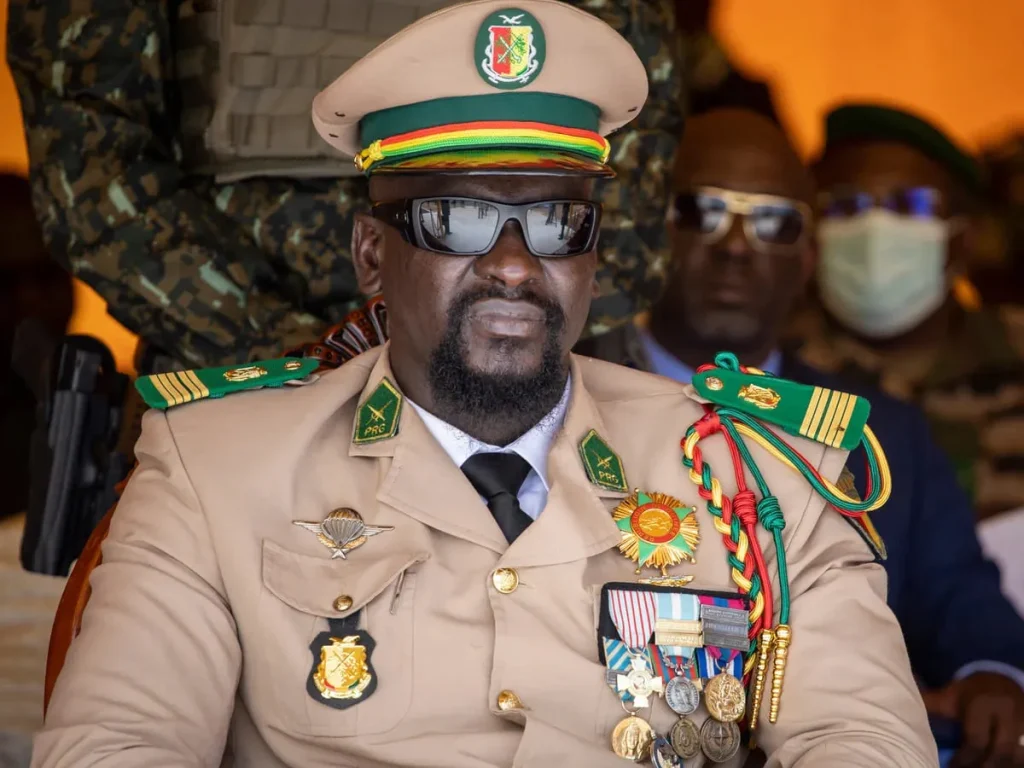Rights groups are raising concerns after Angola approved two significant laws aimed at preventing public disorder but which critics argue could restrict civil freedoms.
Last week, President João Lourenço signed two bills into law—one that criminalizes vandalism of public property and services, and another focused on national security. These laws impose prison sentences of up to 25 years for individuals involved in protests that lead to property damage or disruption of services. They also grant the government broader authority to control the media, civil society organizations, and other private entities under the guise of national security.
Activists, however, argue that these laws are redundant since Angola already has legal mechanisms to address these issues. Francisco Fingo, a representative of local NGO ACC, expressed concern, stating that “civil society is being weakened by the passage of these laws,” and that Angola’s democratic process is deteriorating.
Political analyst José Gama noted that President Lourenço’s actions mirror the policies of his predecessor, José Eduardo dos Santos, whose autocratic rule Lourenço had initially sought to reverse upon taking office.
President Lourenço, who was elected in 2017, had initially made strides to relax restrictions on the media and civil society. However, rights groups like Freedom House now suggest that his administration is reversing these gains, signaling a return to more authoritarian governance.
Human Rights Watch (HRW) has pointed out that in regions such as Cabinda, the human rights situation has not improved, with activists regularly arrested for exercising basic freedoms. Freedom House, which ranks Angola as “not free,” has highlighted a persistent suppression of political dissent, widespread corruption, and abuses by security forces since Lourenço came to power.
Since the end of the dos Santos era in 2017, Angola’s press freedom has remained stagnant, with journalists facing significant challenges in reporting on sensitive issues. The country was ranked 104th out of 180 nations in the Reporters Without Borders World Press Freedom Index, a slight improvement from its previous position of 125th, but still reflective of a challenging environment for independent journalism.
Despite the legal clampdown, President Lourenço’s ruling MPLA party has indicated it will respect the constitutional two-term limit for presidential office. While some within the MPLA and allied civil society groups have called for a constitutional amendment to allow Lourenço a third term, the president himself has not taken a definitive position on the matter. In previous interviews, he has ruled out a third term but left the door open for discussion as his current term nears its 2027 conclusion.
Opposition leader Adalberto Costa Júnior, of the UNITA party, has voiced strong opposition to the new laws, calling them a setback for Angola’s democratic progress. On his official social media, he urged continued collaboration with civil society to safeguard democracy and resist the ruling party’s undemocratic practices.
However, Angola’s Interior Minister, César Laborinho, defended the new laws, arguing that they are necessary to ensure public safety. He emphasized that the legislation aims to maintain order during public gatherings and prevent protests from escalating into chaos and violence.
As Angola navigates these controversial legal changes, the balance between maintaining security and protecting civil liberties remains a contentious issue, drawing attention from both local and international rights organizations.























